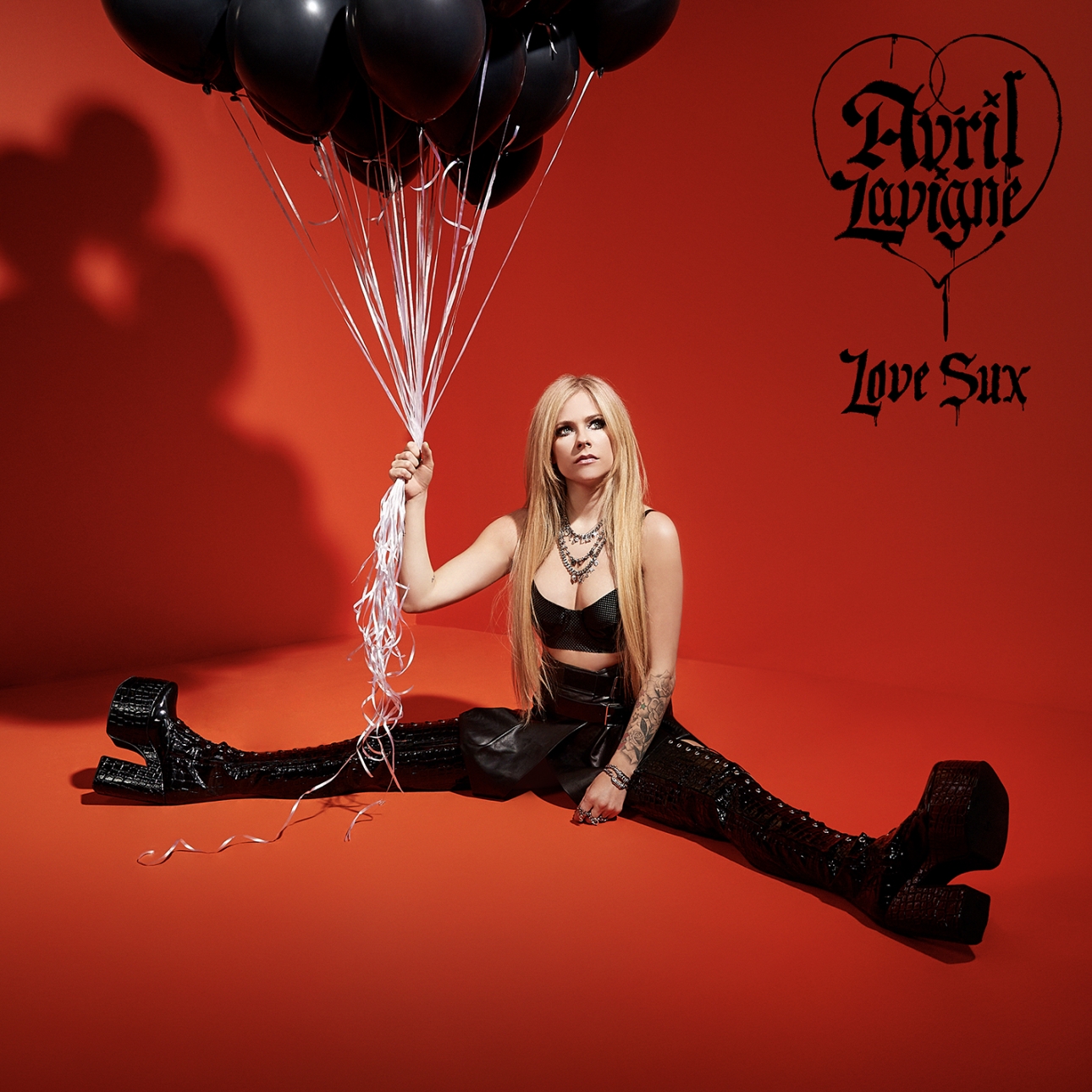
For 20 years now, Avril Lavigne has swung a pendulum between her two rock personas: playful, vaguely punkish pop (see: “Sk8er Boi,” “Girlfriend” and “Here’s to Never Growing Up”) and self-serious alternative (“My Happy Ending,” “Nobody’s Home” and that unfortunate collaboration with Chad Kroeger in 2013).
Yet despite regular attempts to shift her sound — 2019’s Head Above Water was a collection of glossy pop ballads fit for Demi Lovato or Kelly Clarkson — Lavigne’s legacy appears forever tethered to the pop-punk moment of the early ‘00s. To casual listeners, she’ll always be the teenager in the necktie, tank top and heavy eyeliner skateboarding to the mall.
Yet the Canadian singer has never released a true-blue pop-punk album.
Her colossal debut, 2002’s Let Go, was more Michelle Branch than MxPx and the follow-up, ‘04’s Under My Skin skewed toward brooding Evanescence-core.
After that, pop punk faded from mainstream relevance for more than a decade. But flash forward to now and hey, all those blink-182 riffs are en vogue once again. Blink drummer Travis Barker, architect of the genre’s resurgence, is making a killing off the recycled sound — his résumé now overflows with collaborations and production credits associated with rappers-turned-rockers Machine Gun Kelly, Trippie Redd and Blackbear plus newer pop-punkers Willow, Jxdn and Mod Sun (Lavigne’s boyfriend).
So, at 37, Lavigne has finally made her first front-to-back pop-punk record, Love Sux, out February 25 on Barker’s DTA Records label.
Call it what you want: A nostalgic cash-in, vapid fan service or pop-punk paint-by-numbers. But it’s also pure fun, deeply infectious and some of the most thrilling music Lavigne has made in a decade — a fiery big sister to the cheer-punk moments of 2007’s The Best Damn Thing.
Produced and largely co-written by Goldfinger’s John Feldmann — another pop-punk omnipresence (Blink-182, State Champs, The Used), and Mod Sun — Lavigne’s seventh LP surely scratches the itch for nostalgic Warped Tour kids, with monster hooks built for that When We Were Young megafest later this year.
The addicting second single “Love It When You Hate Me” is the best of the bunch, boosted by a punchy verse from Blackbear and magnetism from Lavigne, who is unsurprisingly confident in this style.
[embedded content][embedded content]
She seethes in all her hot-pink-meets-jet-black glory on the opener “Cannonball,” where a Bad Religion power riff gives way to hurtling digital production — a few tweaks and it’s a hyperpop song. And she’s plenty pissed on “Bois Lie,” a speedy duet featuring MGK (of course it does), which builds to a he-said-she-said climax; a sonic sequel to MGK’s “Forget Me Too” with Halsey in 2020.
The lead single “Bite Me” revels in predictable petulance, with Barker pounding away on drums — as he does for most of the album — as Lavigne snaps: “You shoulda known better better to fuck with someone like me.”
[embedded content][embedded content]
While the album is mostly centered on ugly breakups and vague heartache, the singer turns tender for “All I Wanted,” a sweet “we’re in this together” cut with Blink’s Mark Hoppus, who adds a steady albeit familiar vocal.
Much of the rest is hollow pop-punk; nothing New Found Glory or Simple Plan hasn’t already repurposed many times over. Without its F-bombs, the sugary title track could be a JoJo Siwa song.
But as we collectively emerge (again) from the pandemic, with hope to reclaim some semblance of easy fun, Love Sux is a fine soundtrack. The production is slick, Lavigne’s vocal is unwavering and loaded with just enough attitude.
Add it to your “pop-punk is fucking back” playlist and don’t give it another thought, lest you lock onto telling lyrics like this one, from “Deja Vu”: “It’s the same thing over and over again.”

Leave a comment